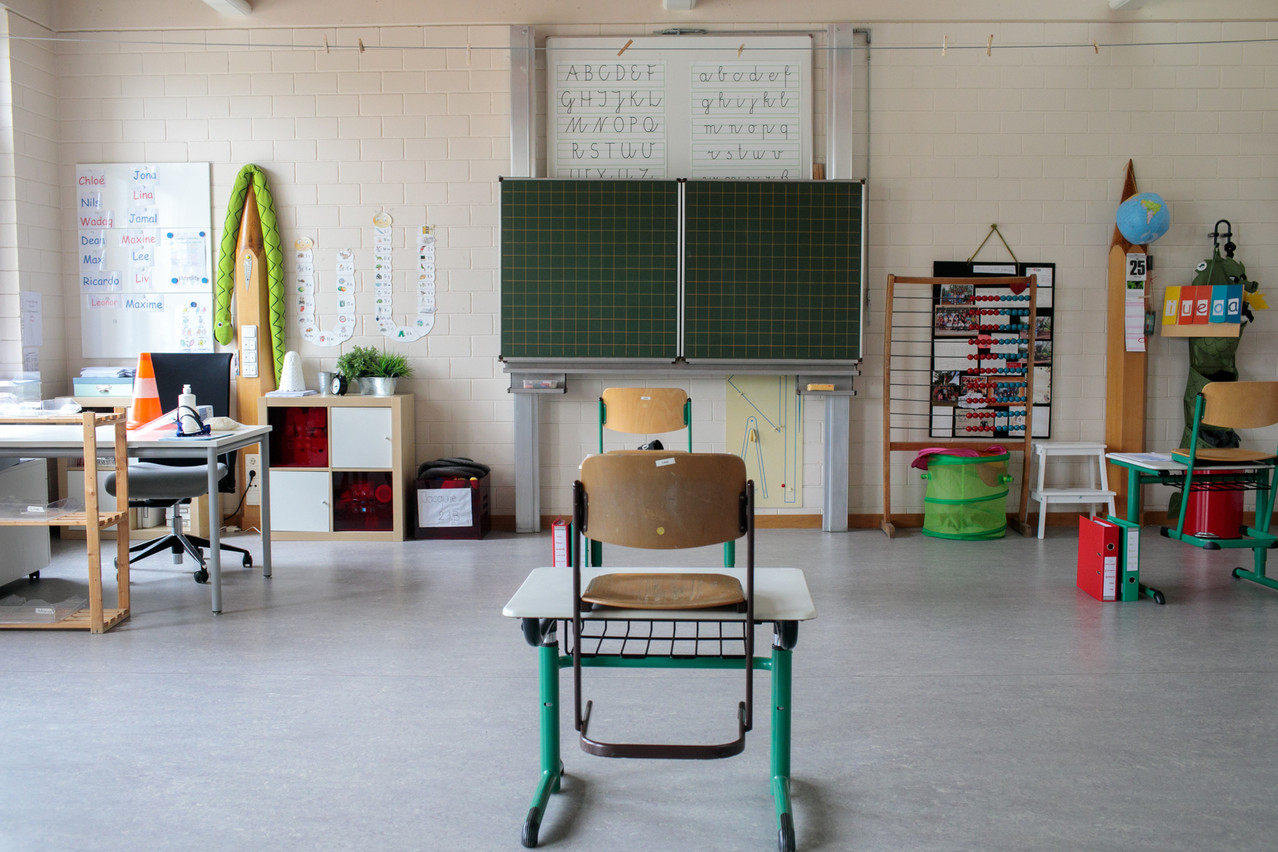The ministry in February this year had extended the Carnival holiday by a week over rising infection numbers in an effort to break infection chains. Schools are currently listed as a source of infection in nearly one in five cases.
“Such a decision hasn’t been reached,” said Meisch on the sidelines of a press conference on Thursday about the option of keeping schools closed for an extra week.
While infections are high in primary schools, their growth isn’t exponential, he said. Children under the age of 12 currently cannot get vaccinated against the coronavirus. Even though the European Medicines Agency (EMA) has approved the Pfizer/Biontech vaccine for children aged 5 to 11, a Luxembourg infectious diseases council said it should only be given to children with pre-existing conditions or living in a household with vulnerable persons.
During the week from 29 November to 5 December, 881 people in the school sector tested positive for Sars-CoV-2, including 644 at primary school level. The situation in secondary schools is manageable, Meisch said, where 237 people tested positive last week.
Out of 2,699 infections diagnosed in Luxembourg last week, 18.3% were among children aged 0 to 9, the second-highest rate behind the 40 to 49 age bracket (18.6%). The rate dropped to 13.4% among children and adolescents aged 10 to 19.
The current infection rate doesn’t justify a closing of schools, Meisch said. However, he didn’t rule out that such a measure might become necessary depending on how the pandemic develops in the coming weeks.
Schools have increased the number of rapid antigen tests carried out by pupils each week in an effort to diagnose cases early and prevent the virus from spreading within school communities.
